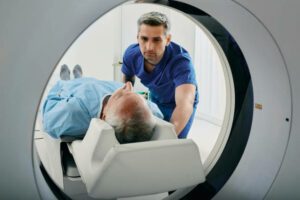December 04, 2024

Proper diagnosis is crucial to treating a medical illness or injury. There are several ways to diagnose…

Proper diagnosis is crucial to treating a medical illness or injury. There are several ways to diagnose…